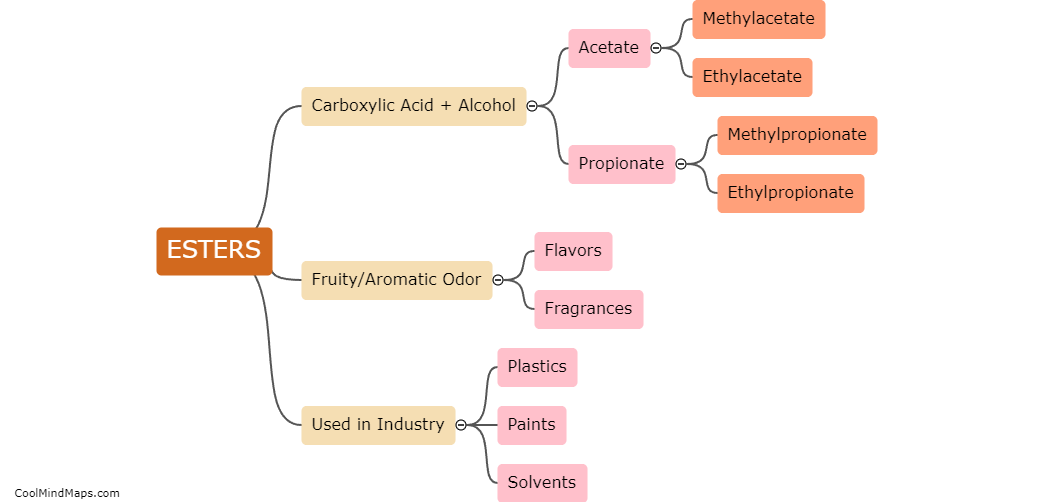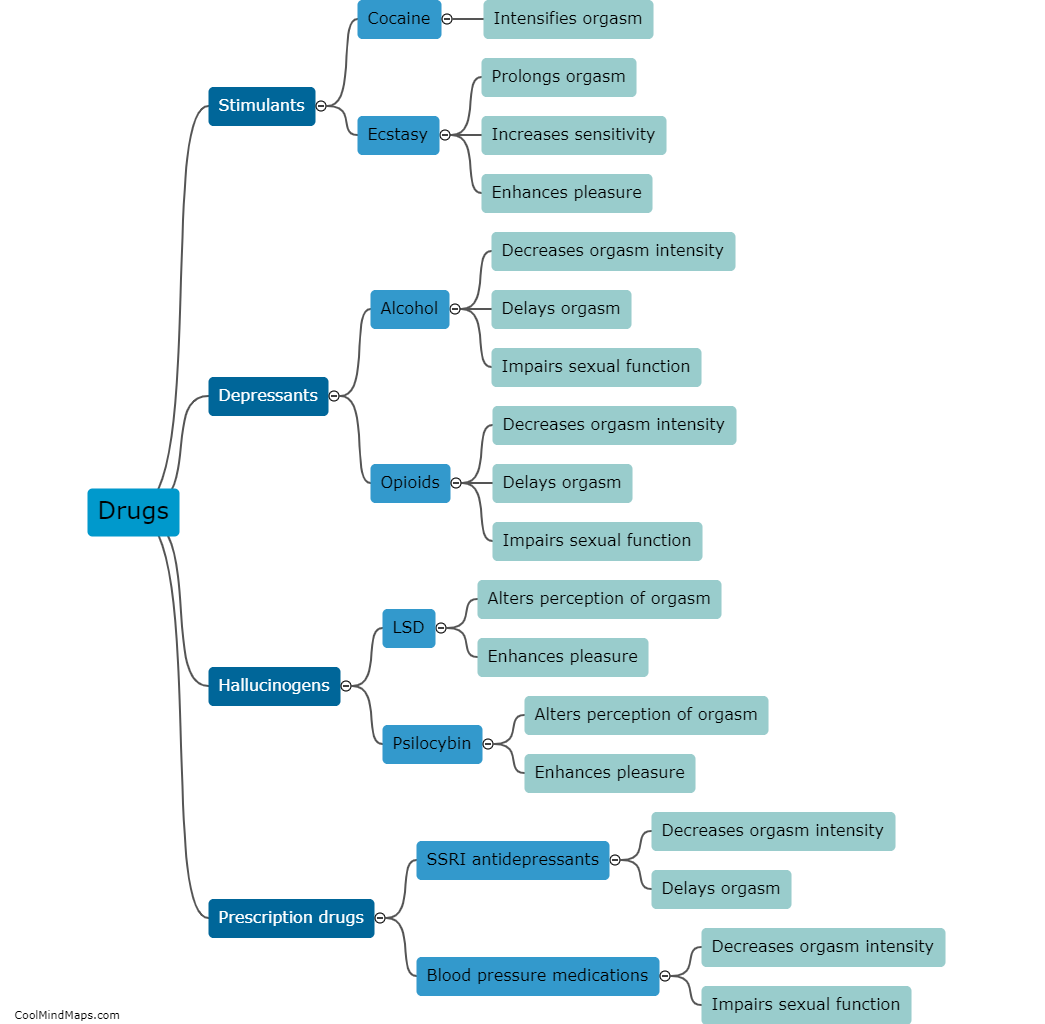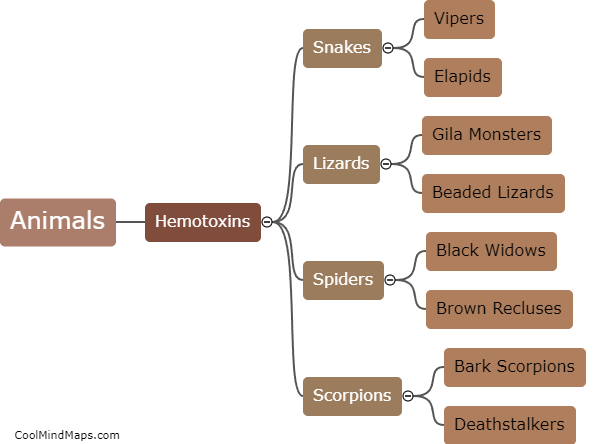What are the positive and negative effects of speedy AI progress on the need for retraining and upskilling?
The rapid advancement of artificial intelligence (AI) brings both positive and negative repercussions to the need for retraining and upskilling. On the positive side, the swift progress in AI can automate routine and mundane tasks, allowing individuals to focus on higher-value and more fulfilling roles. This can create opportunities for individuals to engage in retraining programs and learn new skills that are in demand, such as critical thinking, creativity, and complex problem-solving. However, the rapid pace of AI progress also means that certain jobs might become obsolete quicker than ever before. This could necessitate the need for individuals to constantly update their skills and undergo continuous upskilling to remain relevant in the job market. Additionally, the acceleration of AI could widen the skills gap, as not everyone will have equal access to educational resources and opportunities for retraining. Ensuring that the positive effects of speedy AI progress on retraining and upskilling outweigh the negatives will require a proactive approach from individuals, organizations, and governments to prioritize lifelong learning, provide accessible training programs, and support workers in transitioning to the jobs of the future.

This mind map was published on 18 November 2023 and has been viewed 49 times.











